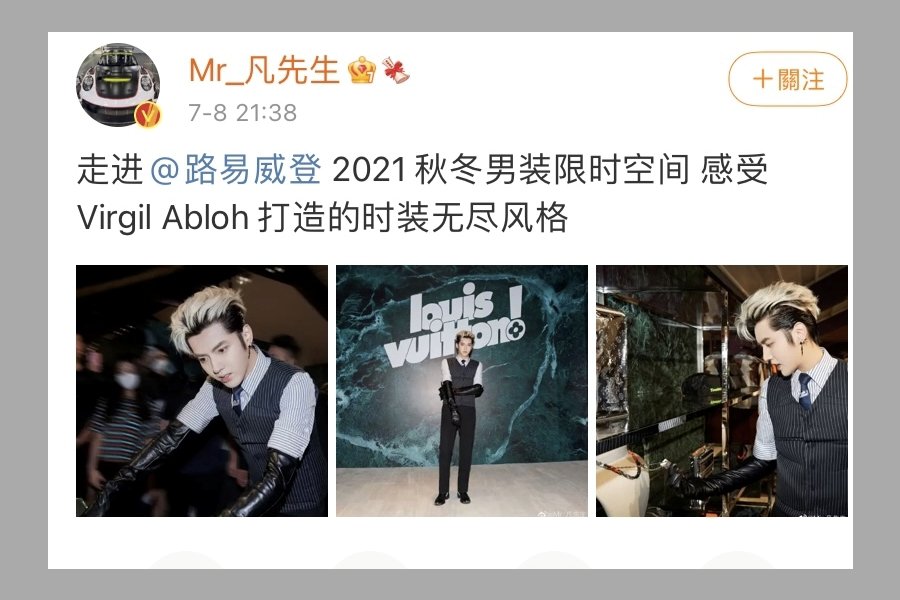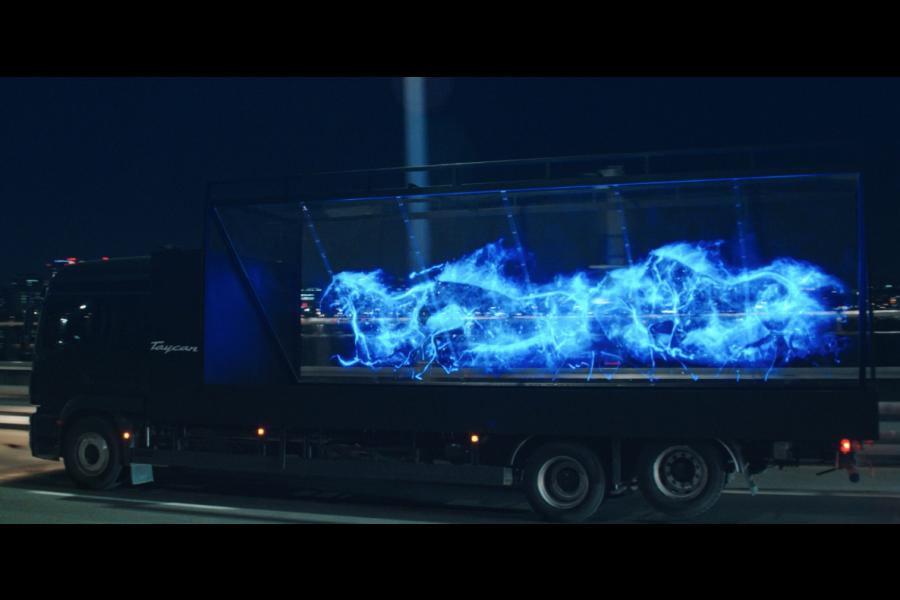Porsche, like many premium high-performance automakers with a storied history, is a big believer in its own brand, reputation and the excellence it purports to stand for.
When customers purchase a Porsche, its brand leaders argue, they are not only buying a vehicle but also contributing to the brand's legacy and becoming part of the Porsche family.
Porsche's customers also expect a distinct and memorable ownership experience, said Robert Ader, the chief marketing officer of Porsche during a fireside chat at Qualtrics’ X4 Summit 2024.
Ader explained that the brand's marketing and sales efforts are geared towards fulfilling these expectations daily by focusing on making an impact at every customer touchpoint, contributing to the brand's quality.
“At Porsche, our feedback culture is a cornerstone of our operations. We value our customers' input and actively seek it out, especially when it leads to positive changes in our products and services,” said Ader.
“As an illustration of our commitment to customer satisfaction, we've implemented a 72-hour resolution process. This process ensures that any issues reported by our customers are swiftly addressed and resolved, demonstrating our dedication to their ownership experience. This process ensures that problems are promptly addressed, allows us to learn from areas needing improvement, and helps us escalate issues to the appropriate teams.”
Maintaining consistency of brand message
Porsche owns only about 10% to 15% of its dealerships, with the rest operated by independent dealerships.
The brand maintains a global database that includes all its customers, cars, and interactions. There is an explicit agreement on how this data can be used: what is permissible for the manufacturer, the wholesalers, and the dealers.
“Porsche is still considered a relatively small company compared to other major automotive manufacturers. This scale allows us to manage our operations without many issues larger organisations might face,” said Ader.
“A key feature in our customer journey approach involves using a Porsche ID, similar to single ID systems used by many companies. For instance, whether you log onto our website, purchase in our online store, or contact a dealer, we can identify you through this Porsche ID.”
The challenge for the brand arises with unknown prospects, such as when someone configures a car on its website, visits Porsche’s Instagram account, or browses a dealer's website without being identifiable.
The brand focuses on resolving this issue by developing an audience layer that collects and analyses all available information to identify these unique prospects.
How Porsche transformed its customer experience from QualtricsXM on Vimeo.
According to Ader, Porsche's ultimate goal is not just customer satisfaction but customer excitement. The brand prioritises this because it wants its customers to feel genuinely enthusiastic about their experience, which drives loyalty.
Porsche uses a simple scale in its survey to assess the brand's performance by asking customers three questions: ‘Did we meet your expectations?’ ‘Did we not meet your expectations?’ Or ‘Did we exceed your expectations?’
The brand focuses on the latter because although more than 90% of Porsche’s customers consider themselves satisfied, not all describe themselves as excited. This distinction led the brand to change its KPIs to better reflect its goals.
“Interestingly, we have found that the drivers of excitement sometimes differ from those of satisfaction, and it's essential to address both,” said Ader.
“For example, for vehicle delivery, having accurate information and delivering the car on the promised date drives satisfaction. However, what excites customers is the personality of the staff explaining the car's features or the dealer making the delivery a personalised and individual experience.”
Creating a connected view of the consumer
According to Ader, many companies excel at major touchpoints like big events and significant moments, which often involve substantial expense. However, only a few manage to create excitement through the tiny details.
One example he cites is how a customer should be treated in a call centre or the design of a market research questionnaire.
Ader said he has discussed with his team how to design a market research questionnaire, focusing on the wording and how to make it more specific. Celebrating small details also offers a meaningful connection with the customer.
“Operating primarily with an indirect business model challenges connecting the dots. We use the Porsche ID as a single identifier to manage these challenges. Sometimes, it becomes difficult to connect the dots when we cannot identify the customer. We are actively working to improve this area,” explained Ader.
“The most significant change in the last ten years is the importance now placed on digital experiences. A decade ago, taking a car out for a nice drive was sufficient. Now, there's a need to connect the vehicle and activate all its connected services across various destinations worldwide, introducing complexity.”
To address this, Porsche has transformed the dealerships it owns. Each Porsche dealership now includes tech experts, often hired from other companies, to explain and assist with the connected services. This development reflects a broader shift in brands' relevance and role today.
“We increasingly view a brand as akin to a human relationship, prompting questions like, "Do I like this brand? Do I share its values?" This perspective shift is significant because, in the past, it was easier for brands to remain neutral on many issues,” explained Ader.
“However, today, consumers expect brands to take a stance and express attitudes on some issues. This expectation is currently a focal point for our marketing efforts.”
Using technology to enhance brand identity
Using technology to enhance its feedback mechanisms is crucial for Porsche, which works with Qualtrics on this in many areas, hence the brand's appearance at the summit.
Porsche receives a lot of customer feedback, Ader says, which previously was challenging to organise and present to management in a structured manner.
The brand is currently working on open text mining and how to condense this information effectively. Open text mining is a system that employs natural language processing techniques to derive meaningful information from unstructured text data.
The brand uses a single score that is highly relevant for management remuneration. This score reflects customers' excitement about the sales experience, product connectivity, and driving experience.
Porsche then uses this feedback to make decisions during management meetings and take action.
“It's essential, but I must emphasise the front-end process. If something goes wrong, it's crucial to resolve it,” explains Ader.
However, what I find even more critical in the back-end process is that we don't just solve problems quickly; we focus on making fundamental changes and optimising. It's not merely about the speed of detecting or analysing data in real-time, weekly, or monthly; the significant difference is made by actually implementing changes.”
Campaign's media and technology editor Shawn Lim is reporting from the Qualtrics' X4 Summit in Salt Lake City this week.











